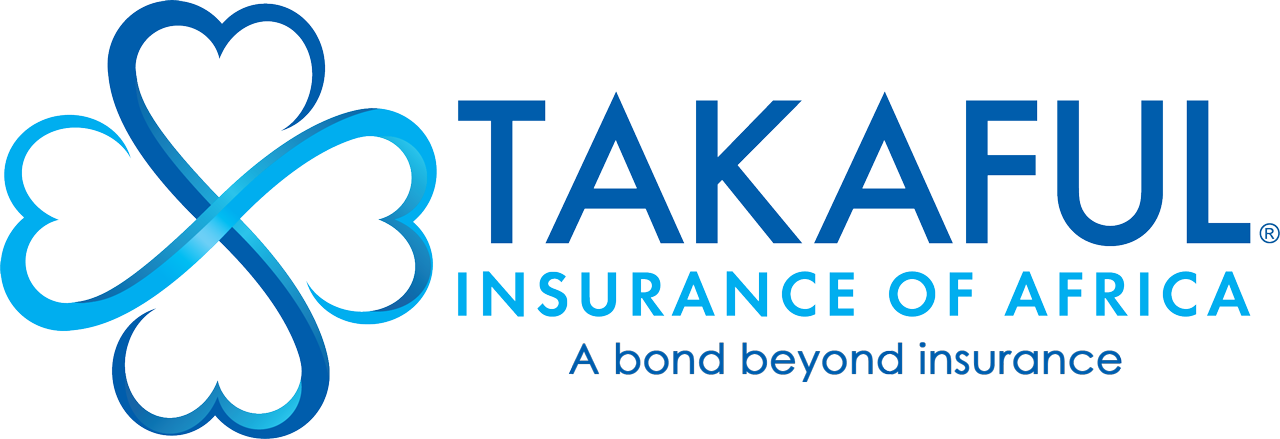- (+254) 731 808 010
- talktous@takafulafrica.co.ke
- Renaissance Corporate Park, Elgon Road, Upperhill,
FAQ’s
- Home |
- FAQ’s
What is Takaful?
The term Takaful is originally an Arabic word that means self-guarantee or responsibility or more generally “taking care of one’s needs”. Thus, the word Takaful refers to shared responsibility, shared-guarantee, collective assurance and/or mutual undertakings by a group.
How does Takaful Work in Practice?
Takaful works on the basis of an agreement made by the Participants of the Takaful scheme. Each Member agrees that he/she is one of the insured by buying a policy. Each pays a premium to the scheme, which is both used to compensate claims and is also invested in approved instruments. A Takaful company cannot, for example, invest in activities that deal in interest, alcohol, gambling or uncertainty. The profits made from the permitted investments are divided among the participants in the scheme.
What Kind of Products does Takaful Provide?
Takaful Insurance of Africa (TIA) provides a wide range of General Takaful products including: Motor Fire Burglary Goods in Transit Professional Indemnity Money Marine Fidelity Guarantee, among many others. We provide products designed for both corporate and individuals. Our Micro-Takaful product range are designed and priced to bring innovative products within the reach of individuals and communities in our society.
What are the Main Differences between Takaful & Conventional Insurance?
The act of taking measures against possible dangers or consequences does not go against the teachings of Islam. As described in the Qur’an, Prophet Yusuf (Alaihis Salaam) ‘filled the grain silos from the surplus of seven years of good harvest as a protection to ensure the availability of continuous food during the seven lean years.’ However, Takaful differs from conventional insurance cover; First, in a conventional insurance scheme, the insured person sells his risk at a price to another party, thus introducing an element of “gharar” (uncertainty) in the contract. Under Shariah, a contract of uncertainty exists when the two parties do not know the nature of the counter-value that they are trading. A house may burn down, costing the insurer a large sum of money, or it may not burn down in which case the insured person has paid a premium and received nothing in return. Second, conventional Insurers invest in ventures that involve interest or some form of activity, which goes against Shariah principles. Third, conventional insurance is not mutually beneficial, as certain individuals (shareholders, for example) benefit at the expense of others. In other words, commercial insurance companies exist to serve the interest of shareholders first, not policyholders. Finally, the guiding principle behind commercial insurance is that it is based largely on commercial factors. Takaful, on the other hand, is guided by the principles of improved welfare for all, which aims to establish a social order based on universal brotherhood.
How does the Takaful Contract Differ from the Conventional Insurance?
While the conventional insurance contract is one of transferring of risk from the insured to the insurer for a premium, that is, one of risk trading, the Takaful contract is based on the Islamic principle of Tabarru, that is, a contract of self-insurance, or self-guaranteeing among members of a group.
How is Uncertainty (Gharar) Eliminated from the Takaful Contract?
Uncertainty can never be eliminated. It remains in the Takaful contract as well. However, since the Takaful contract comes under contract of Tabarru (donation), the uncertainty (gharar) is considered to be within tolerable limits under Shariah. Conventional Insurance being a contract of risk exchange contains “excessive gharar” and therefore becomes illegal.
Are Takaful Contributions Higher than Conventional Insurance Premiums?
Takaful products are competitively priced, and are relatively cheaper than conventional products, given the additional value offered Takaful products, which cannot be matched by conventional insurance products.
